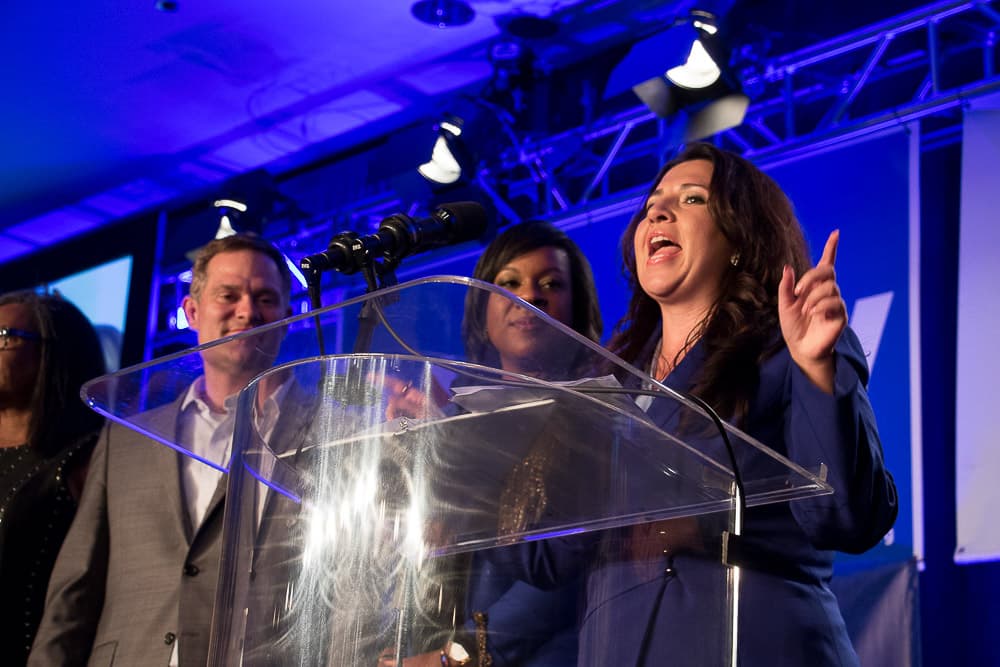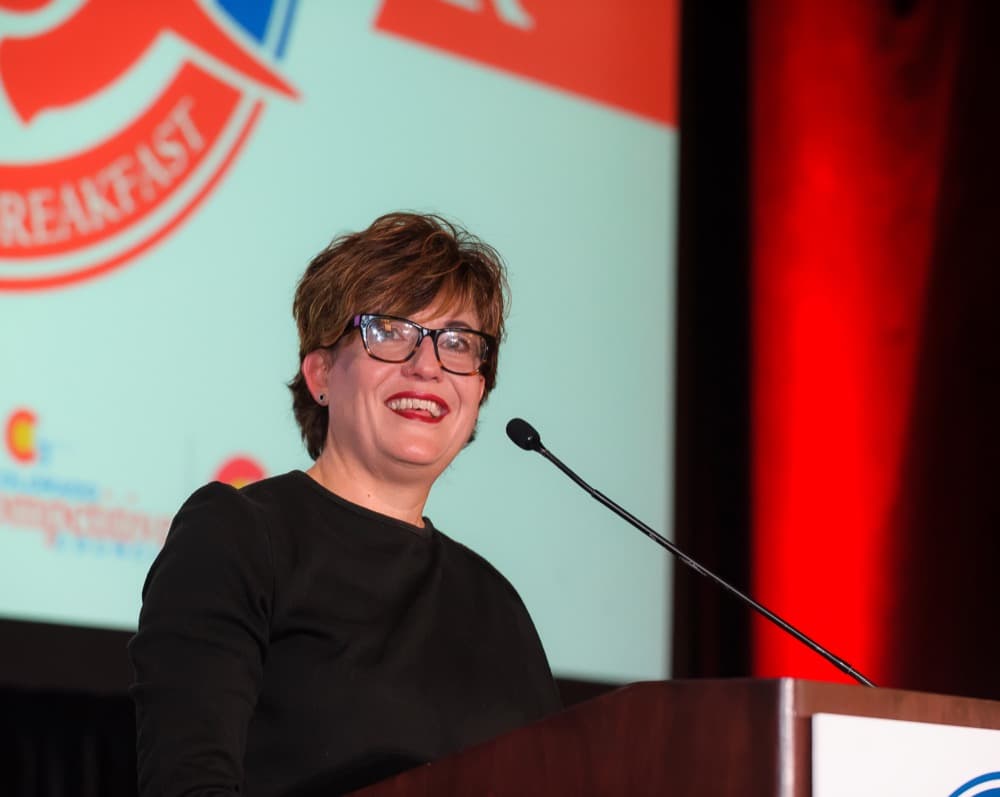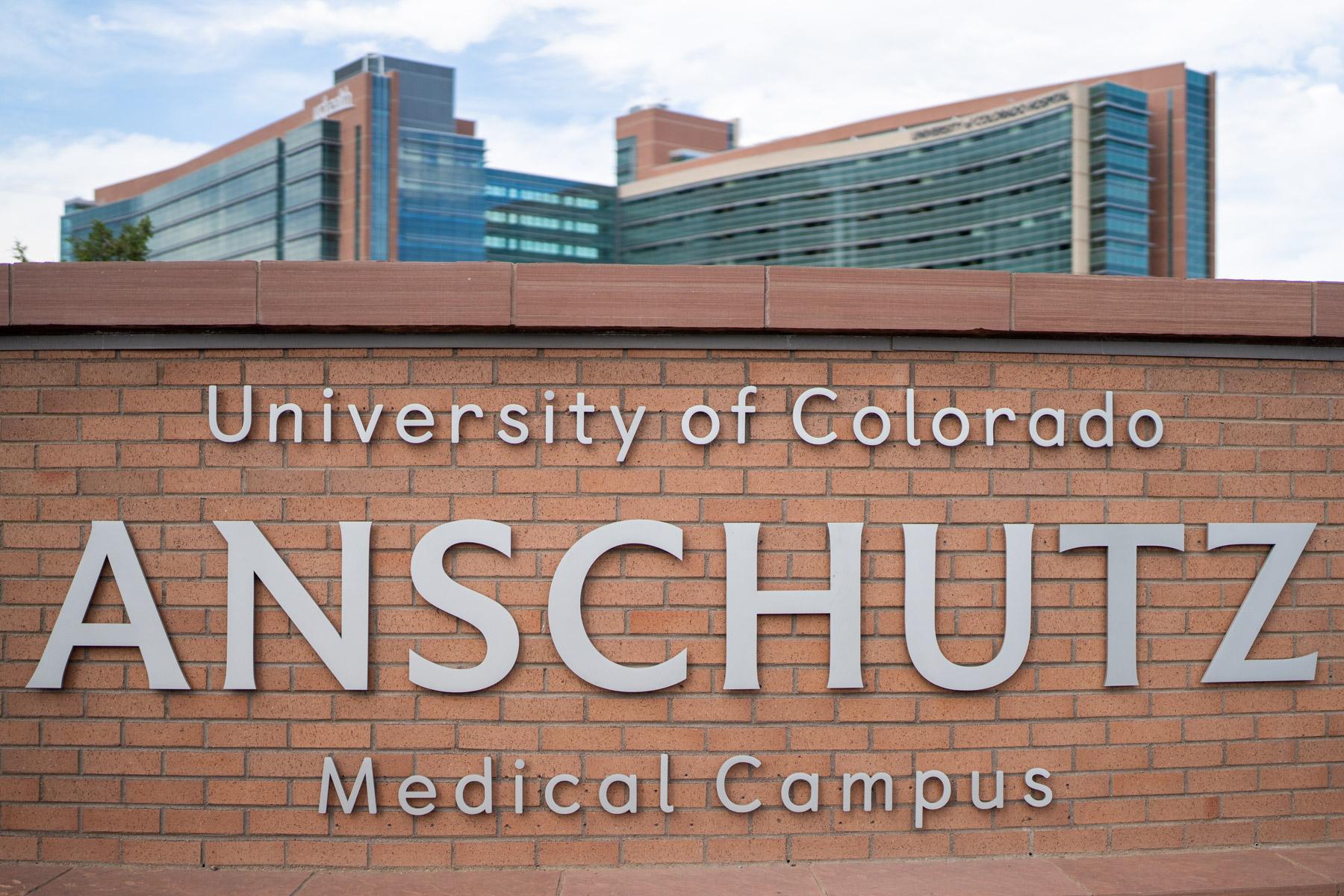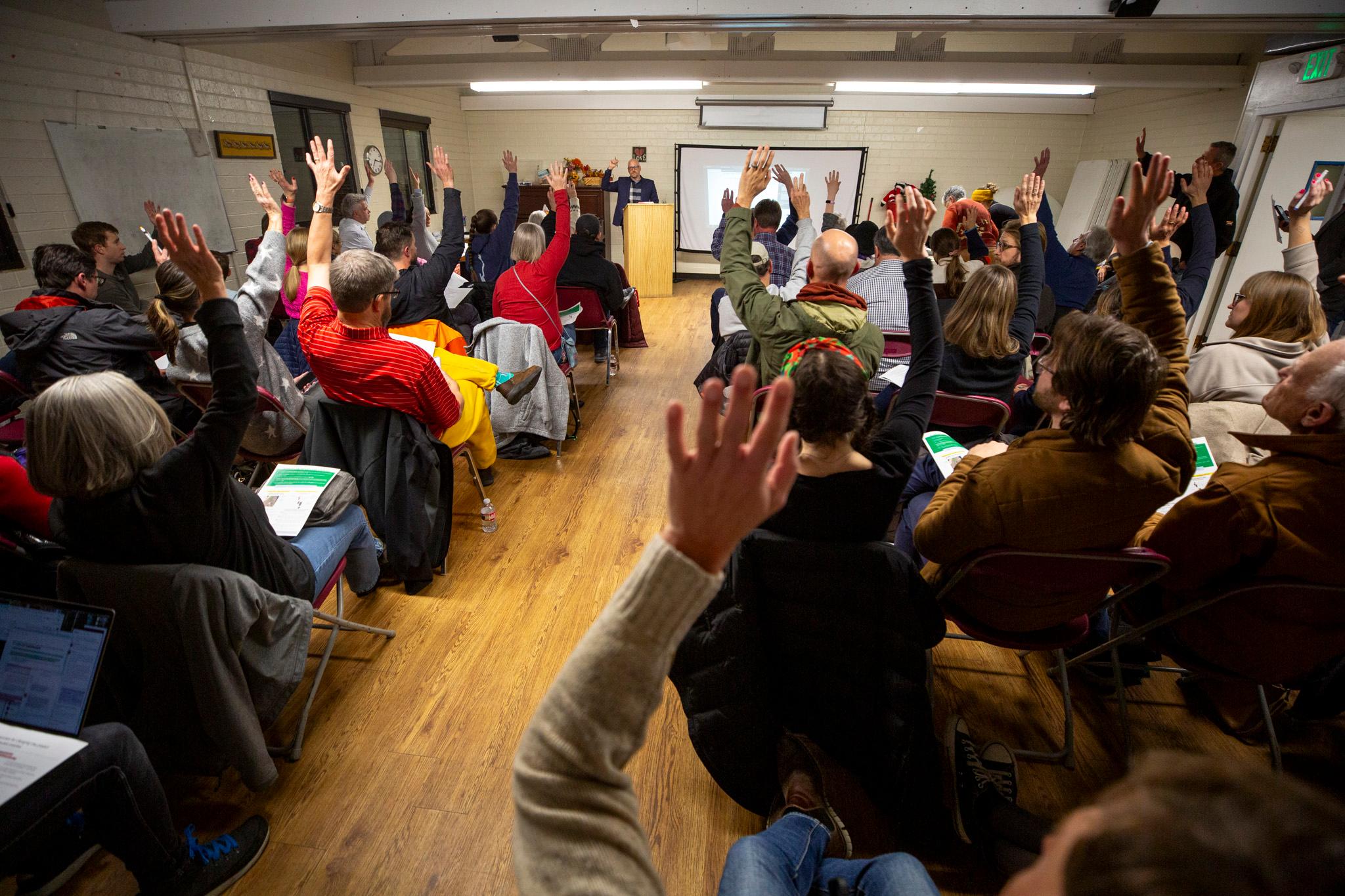
Colorado's legislative leaders laid out their plans for the upcoming session Thursday, and it sounds like the battles of 2016 are about to be placed on repeat.
Democrat and Republican party leaders told attendees at the Denver Metro Chamber of Commerce Business Legislative Preview that they'll pick up what was left on the table last session: construction-defects reform, funding for transportation and reclassifying of the hospital provider fee. Legislators get the chance to come up with different results on those issues starting Jan. 11 when the 2017 legislative session starts.
"Folks, we have a lot of issues ahead of this coming session," said Senate President-Elect Kevin Grantham.
The Cañon City Republican said his party would be willing to reach across the aisle to finally address the some of the biggest issues facing Coloradans. But he put up one large roadblock to that bipartisan sentiment when he declared that reclassifying the hospital provider fee is "off the table."
"We have talked about this until we're blue in the face during the last couple of years," Grantham said. "There's just a non-starter there philosophically on what TABOR and the Constitution allow and what they don't."

TABOR or the Taxpayer’s Bill of Rights was added to Colorado's Constitution to keep the government from going on spending sprees. It accomplishes that goal by putting a cap on how much money local and state governments can collect. Whatever revenue goes over the cap has to be repaid to taxpayers.
The hospital provider fee is a state fee charged to hospitals in Colorado. The federal government matches the funds from the fee so the state can help cover the costs of uncompensated care and expand health care coverage in the Health First Colorado and Child Health Plan Plus (CHP+) programs.
The tricky part of the hospital provider fee is that in recent years it's generated so much revenue that it would have triggered TABOR refunds -- which would have come from other parts of the budget -- if the state hadn't reduced the amount of fee it collected. The fee is expected to trigger refunds again this year, depending on how the final budget shapes up.
The Denver Metro Chamber of Commerce has advocated for reclassifying the hospital provider feeas an enterprise fund so that more money reminds in the budget for other purposes. Enterprise funds don’t count toward the TABOR caps.
"The Chamber was extremely supportive of a bill to repeal and reenact the hospital provider fee as an enterprise fund, which we believe is the accurate way to account for the funds generated through the fee. Colorado now stands to lose $700 million for transportation in the next four years because our legislature did not address this critical issue. Further, Colorado will not be able to reduce the current estimated shortfall in the state budget by $500 million. And, that shortfall will have to be made up for by cutting education funding — both K-12 and higher education," chamber spokeswoman Laura Giocomo wrote in August.

Democratic legislators like Senate Minority Leader Lucia Guzman still want to reclassify the fee. House Speaker Crisanta Duran, D-Denver, said she'd support the Denver senator's efforts as way to get more money for roads and schools.
But Duran said she also realizes that given that Colorado's Senate is controlled by Republicans and the House of Representatives is controlled by Democrats, the hospital provider fee can't be reclassified without bipartisan support.
"We should always be thinking about a variety of different options that aren't only going to make an impact in the short-term but also in the long-term," Duran said.
Neither the Democrats nor Republicans were clear on how'd they'd address the gaps in education and transportation funding, but both Duran and Grantham signaled they'd look at making a change to Colorado's gas tax.
The Colorado Department of Transportation gets a significant portion of its funding from the taxes placed on gas purchases. That poses a problem when prices fall and as vehicles become more fuel efficient. The gas tax hasn't been raised since 1993, and it would take a vote of the people to change that. It's unclear if legislators might come up with a new revenue source altogether.
It's also unclear what Colorado legislators will do about construction-defects reform.
Colorado's current construction-defects laws is often blamed for the lack of condominiums being built in the state. Condos are a generally thought to be an affordable option for people making the transition from renters to homeowners.
Those who want to see the law change claim it's currently too easy for condo owners to sue developers for defect or problems like cracked foundations and leaky windows. In response to that liability from homeowners, insurance companies have raised rates to a point that makes building unattractive for developers, some argue.
"In the final days of the session, negotiations to address construction defects and the guaranteed litigation that has led to virtually no new condo construction in the metro area in years fell apart. With the loss of construction defects, we continue to try to address affordable workforce housing in an environment where litigation rules create a market environment that works against our goal of delivering more affordable housing for our workforce," Giocomo wrote.
Both Grantham and Duran said they believe 2017 is the year they'll finally come up with a compromise that clears the way for developers while also protecting homeowners from poor construction.
"I believe there is a balance. I have hope that balance can be determined this upcoming session," Duran said. "The devil is in the details."
Subscribe to Denverite’s newsletter here. Business & data reporter Adrian D. Garcia can be reached via email at [email protected] ortwitter.com/adriandgarcia.












